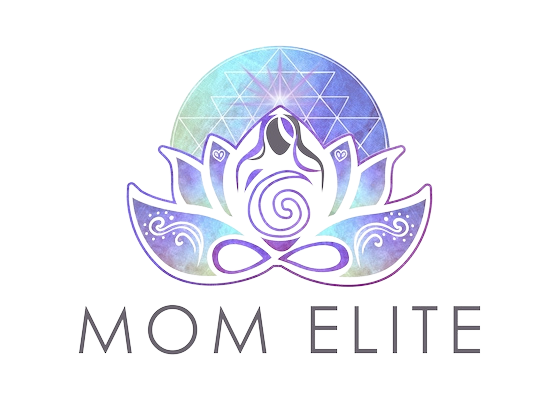Being told there is something wrong with your child is hard to hear for any parent. Be it an illness, a hereditary disease or a developmental issue, this news is never going to be good to receive. It may come as a relief if you have been waiting for an answer so you can help your child, in a way they need it, but that still doesn’t make it any easier to hear.
Image Credit: Pexels CC0 License
So now you have your answer or even answers, how are you going to move forward in a constructive way that works for both your child or even children if this affects more than one child and your family life as a whole? Because all diagnosis can come with an upheaval. Whether or not this is a positive thing is for you to decide.
You may feel helpless and/or overwhelmed. Feelings of repair and inadequacy are totally normal and expected when your whole world has been flipped upside down. But there is always light at the end of the tunnel and with some help, support and changes to your lifestyle, you can start to feel more confident that you, as their parents, are in the best position to help them deal with life and everything it throws at you.
Research
Knowledge is key as they say. Once you have your official diagnosis, there is nothing stopping you from finding out everything you can about what this means for your child and how they will live their life from now onwards.
With the wealth of knowledge at your fingertips thanks to the internet. You can be sure to find pretty much all you need to know with a few clicks of the mouse. If not, ask your doctor or a healthcare professional to guide you to the information you are looking for and any support groups they may know of that will be able to help you.
The best source of information can come from support groups for those in exactly the same situation as you are or have been. What you gain from joining support groups can be invaluable in terms of support and advice and it may be the one place you can feel free to discuss things you have been bottling up inside.
Ask the Right Questions
Sometimes, if the question isn’t asked, the knowledge isn’t forthcoming. From finding the right places for neurodevelopmental disorders treatment to rehab centres to overcome a physical injury. The best way to remember all you need to ask is to write it down. Getting support from other parents who are in the same position, or have been can be a tremendous help as you start this journey. They will know what happens, what is available and what questions you should be asking.
Sure it may feel overwhelming at times, but get the information you need and give yourself time to process it and figure it all out.
Make Practical Changes.
These changes could be something small and simple such as making sure you stick to the same routine, or major, life-changing ones to accommodate your new life and circumstances. You may not be able to make them all at once, but knowing what you need to do and putting an action plan in place to achieve it is essential.



